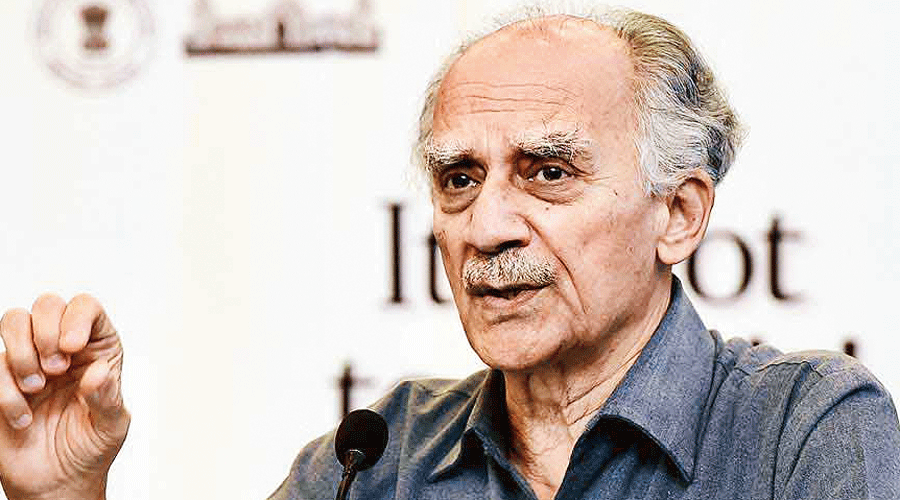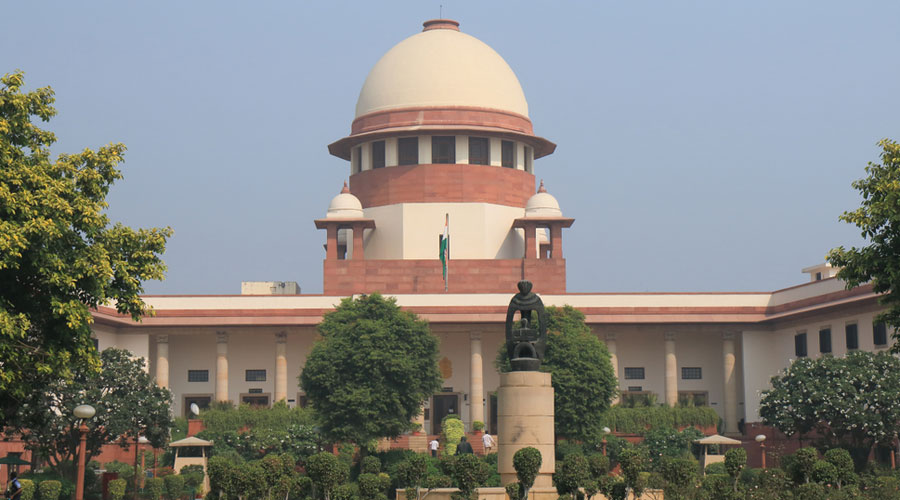The NGO Common Cause and veteran journalist and former Union minister Arun Shourie on Thursday joined the chorus in the Supreme Court for striking down as unconstitutional the sedition law, alleging its increasing misuse by governments against citizens.
The apex court has already listed for hearing on May 5 and 6 a bunch of similar petitions challenging the continuance of the British-era law in the statues. However, a joint petition filed by Shourie and Common Cause in July last year has not been clubbed with them or listed separately.
On Thursday, advocate Prashant Bhushan mentioned the petition for urgent hearing. However, Chief Justice of India N.V. Ramana did not give any firm assurance.
The top court had on Wednesday asked the Centre to make its stance on the sedition law’s continuance clear by this weekend and said it would not grant any more adjournments and dispose of the matter finally after the May 5-6 hearings.
Shourie, a former BJP leader, and Common Cause have alleged that the sedition law — Section 124A of the penal code — violates the fundamental rights of equality, free speech, and life and personal liberty.
They want the apex court to revisit its 1962 judgment in Kedarnath Singh vs State of Bihar where it had upheld the sedition law’s constitutional validity.
Their petition says the apex court had at the time read down the provision to say: “A citizen has a right to say or write whatever he likes about the government, or its measures, by way of criticism or comment, so long as he does not incite people to violence against the government established by law or with the intention of creating public disorder.”
According to the petitioners, the apex court had since then in Navtej Singh Johar v Union of India (2018) and Joseph Shine v Union of India (2019) held that the presumption of constitutionality does not apply to pre-constitutional laws framed by foreign legislatures or bodies.
“Therefore, in view of the above it is submitted that the doctrine of ‘reading down’ in absence of presumption of constitutionality cannot be pressed into service of Section 124A of Penal Code, 1860, whose language is otherwise plain and clear,” the petition says.
According to the sedition law: “Whoever by words, either spoken or written, or by signs, or by visible representation, or otherwise, brings or attempts to bring into hatred or contempt, or excites or attempts to excite disaffection towards, the government established by law in (India), shall be punished with (imprisonment for life), to which fine may be added, or with imprisonment which may extend to three years, to which fine may be added, or with fine.”











